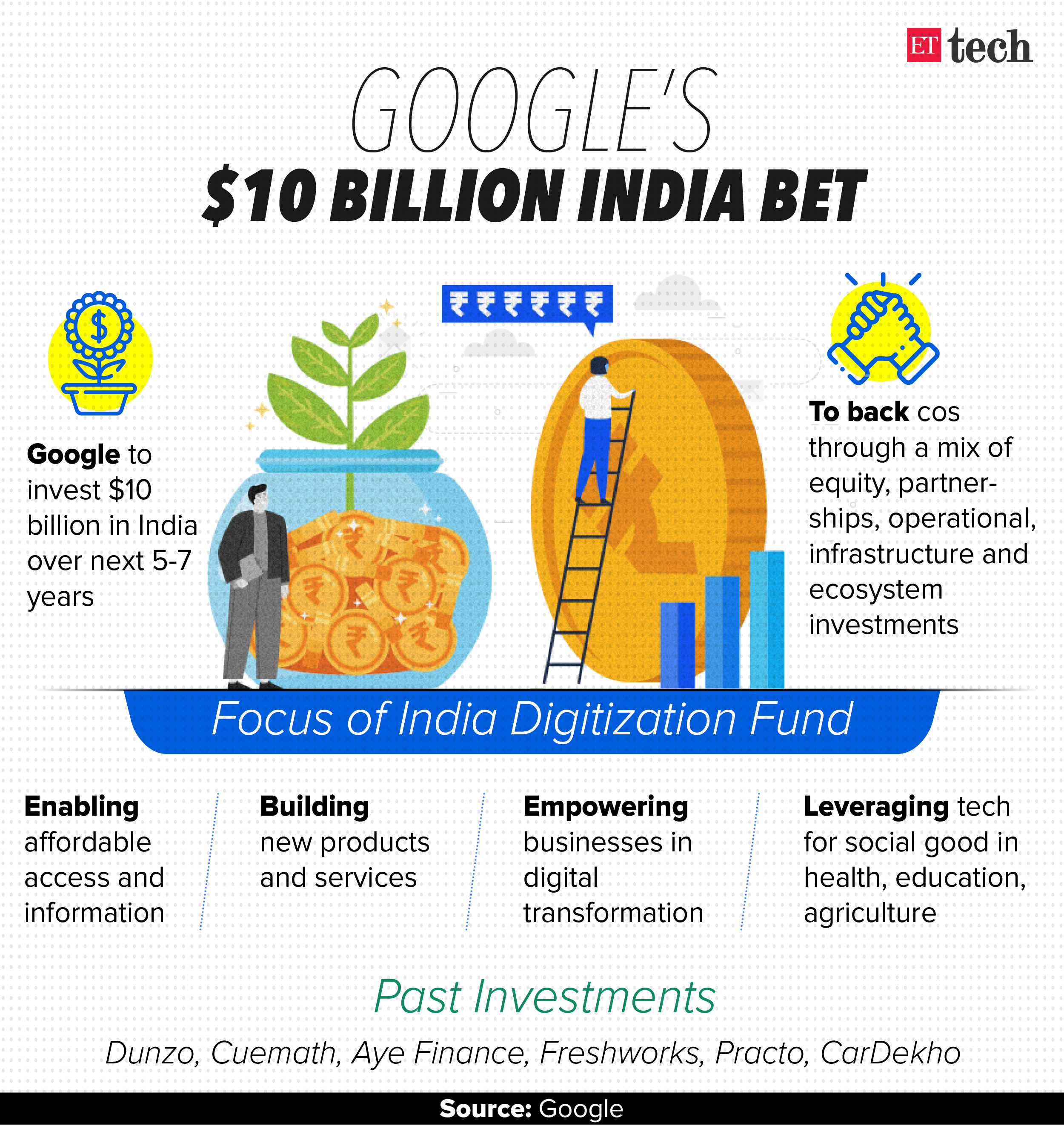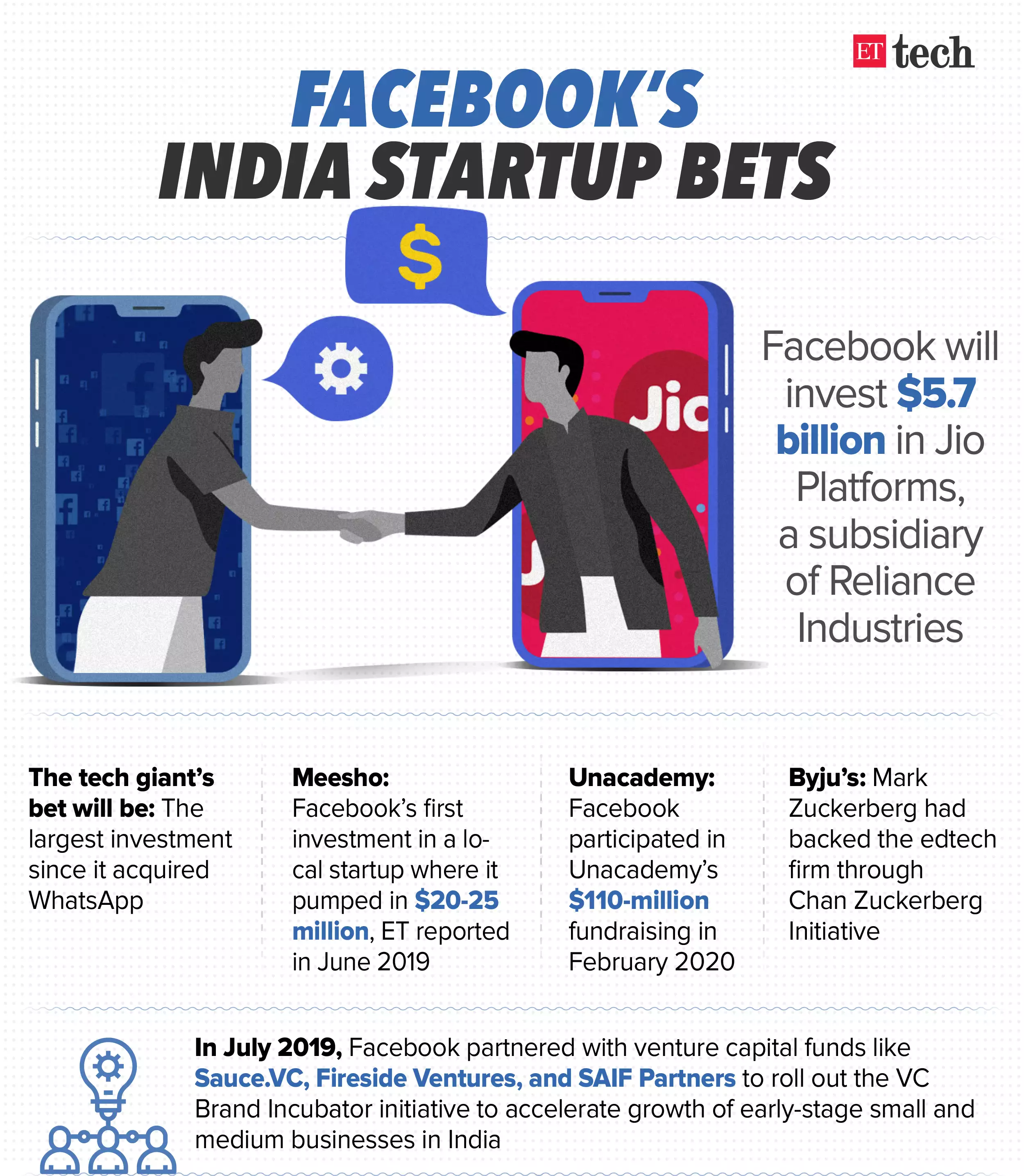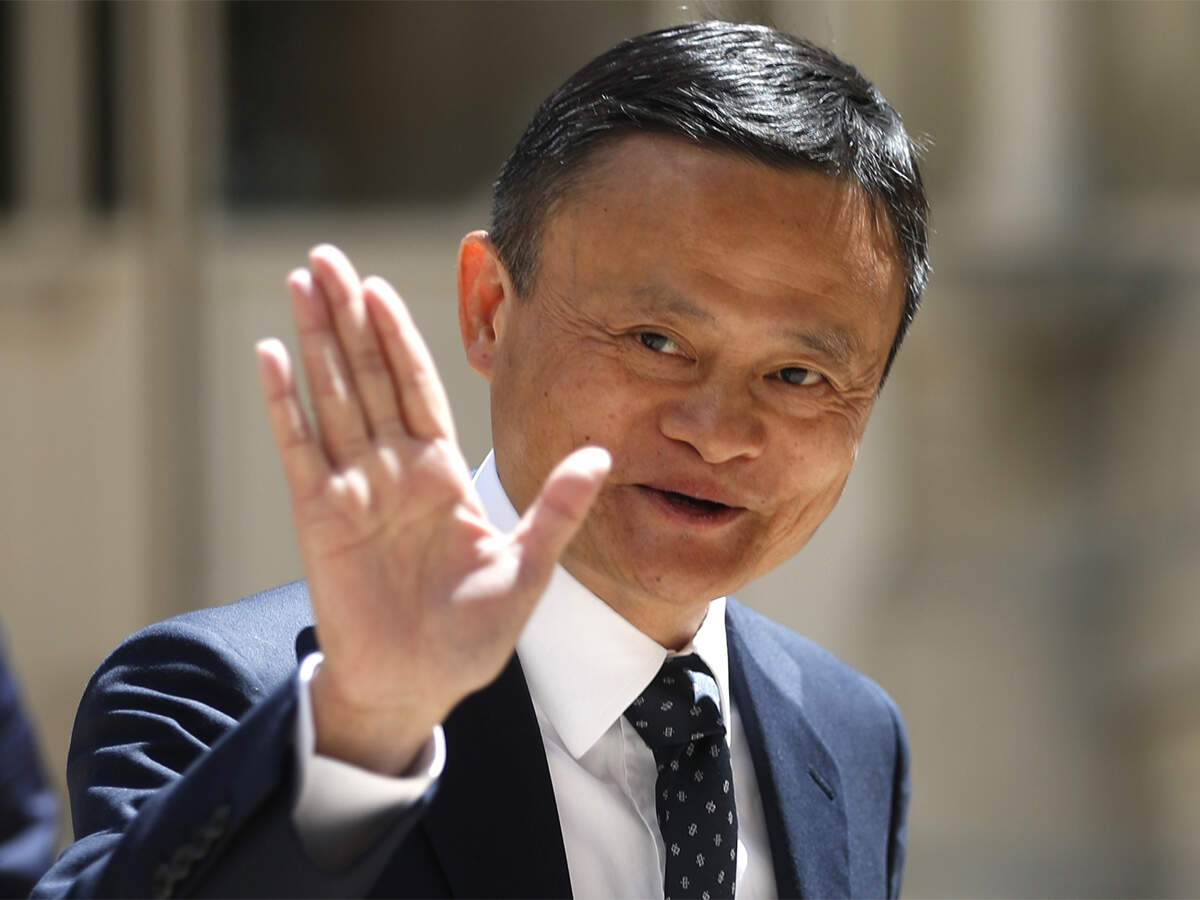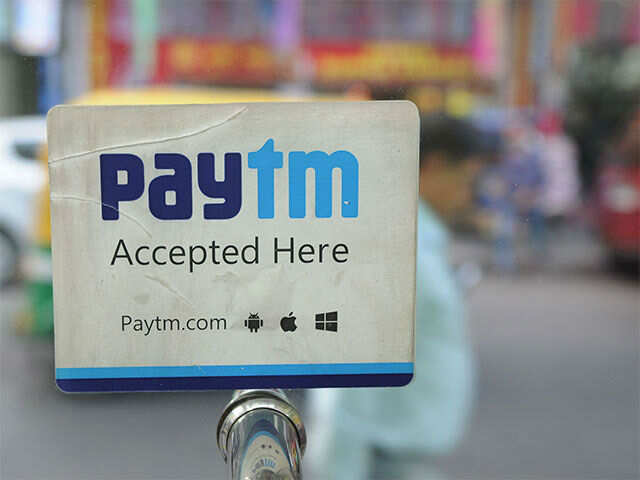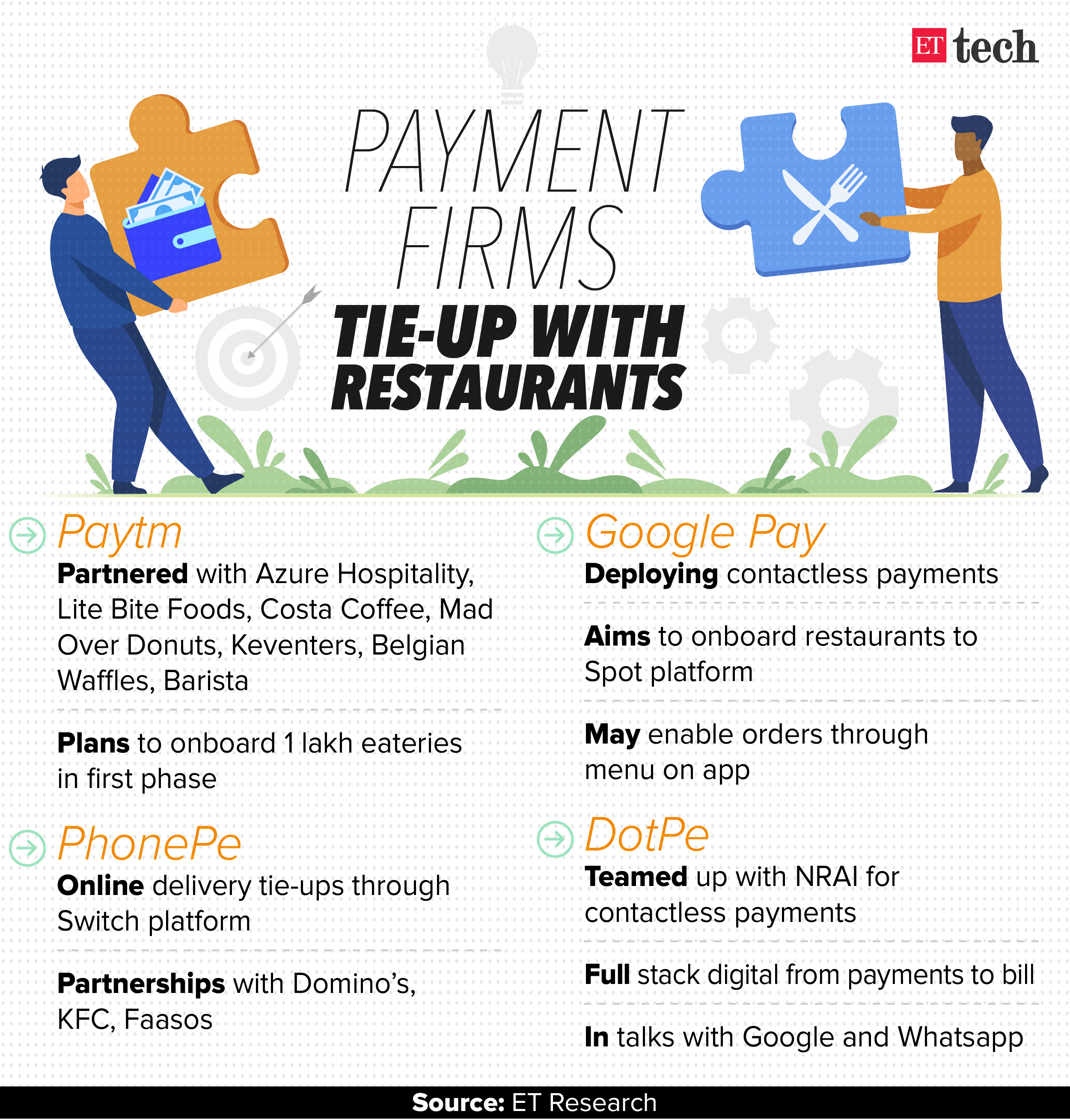Google is placing a big bet on India’s digital economy, becoming the latest tech giant to double down on a country perceived as the last major market for untapped growth Google’s $10 billion fund
The search behemoth has announced plans to invest $10 billion in India over the next five to seven years, focusing on areas crucial to the country’s digitisation efforts.
What will the fund focus on?
Google for India Digitization Fund will focus on four key areas:
- Enabling affordable access and information in local languages like Hindi, Tamil and Punjabi among others
- Building new products and services relevant to India’s unique needs
- Empowering businesses on their digital transformation journey
- Using tech & artificial intelligence for areas like health, education, and agriculture.
The search giant will also use this fund to buy stakes in large Indian companies as well as niche digital service providers, Alphabet chief executive Sundar Pichai told ET in an exclusive interview.
“Using this fund, we want to build new products and services, invest in companies that build new products and services that are deeply relevant in India. We want to scale beyond English and other vernacular languages as well,” Pichai said.
Google also made a push into India’s education sector, by signing a partnership with the Central Board of Secondary Education to help teachers deliver a blended learning experience including a classroom approach with online learning, using its tools like G Suite for Education, Google Classroom, and YouTube among others.
The tech giant aims to train more than one million teachers across 22,000 schools by the end of 2020.
In addition, Google.org announced a $1 million grant to Kaivalya Education Foundation as part of its Distance Learning Fund.
Facebook’s moves
Interestingly, this announcement comes close on the heels of a similar partnership between Facebook and the CBSE last week, that provides training on digital safety, online well-being and training on augmented reality (AR) to students and teachers.
Facebook also invested $5.7 billion for a 9.99% stake in Reliance Industries’ subsidiary Jio Platforms in April this year.
Alibaba stake sale
Alibaba co-founder Jack Ma has sold $8.2 million worth of Alibaba shares, bringing his stake in the company to 4.8% from 6.2%, the company disclosed in its annual filing.
This comes after Jack Ma stepped down as Alibaba’s executive chairman in September last year to focus on philanthropy. He also stepped down from SoftBank’s board last month following a 13-year stint, after which SoftBank Group founder Masayoshi Son also stepped down from Alibaba Group’s board. Read more.
Paytm vs telcos
The war of words between digital payments firm Paytm and telecom operators continues over the responsibility of phishing frauds, with Paytm criticising wireless carriers and the Telecom Regulatory Authority of India (Trai) for failing to curb the menace of spam/fraud SMSes from unregistered telemarketers
What’s the matter?
Earlier this year Paytm had moved to the Delhi High Court alleging that telcos are not blocking fraudsters who are defrauding millions of its customers through phishing activities. It had sought damages of Rs 100 crore since it alleged these activities had “caused financial and reputational loss” to the company.
Reliance Jio had countered these claims by alleging that the payments firm is trying the shift the blame of its own lapses to evade legal liability of financial frauds. Vodafone Idea had also argued that telcos cannot, legally, access or control the content of communications sent over their networks and judge whether it is a fraud. The next hearing in the case is scheduled for July 14. Read more.
Payment firms eye digital dining industry
India’s top digital payment firms are wooing some of the largest restaurant chains in the country to grab more business from the rapidly digitising dining industry, which has been ravaged by the Covid-19 pandemic.
What are companies doing?
Paytm plans to onboard 1 lakh eateries across India in the first phase, including brands such as Costa Coffee, Mad Over Donuts (MOD), Keventers, Belgian Waffles. It is also attempting to create the restaurant order flow on its ‘MyStore’ stack, a newly introduced social commerce platform that allows offline businesses to sell their goods online.
Google Pay has also begun conversations with top restaurant chains to bring outlets onto its ‘Spot’ platform while PhonePe is offering a full-stack solution via the Switch platform for all restaurants having an online presence, apart from tying up with popular fast-food chains such as KFC, Domino’s and Faasos. .
Helping creators earn more
Professionals looking to set up quick e-learning businesses are flocking to startups like Knorish and Invanto to build personalised websites so that they impart skillsets through paid video content.
These platforms also train creators on how to grow a business, provide customisation and course development, community forums for peers, and tracking tools.
What’s the traction like?
Knorish has built e-learning businesses for 4,500 creators in the last four months, after onboarding just 500 customers till March, while Invanto has onboarded 50,000 such professionals, a significant jump from 10,000 professionals it had in February.
One-fourth of Invanto’s creators are from India, while on Knorish it is as high as 95%. They are getting traction from countries like the United States, Europe, Canada, the Middle East, and Australia. Read more.
(Illustrations and graphics by Rahul Awasthi)
 Indilens Web News Live Daily News on India ! Insights of India
Indilens Web News Live Daily News on India ! Insights of India
